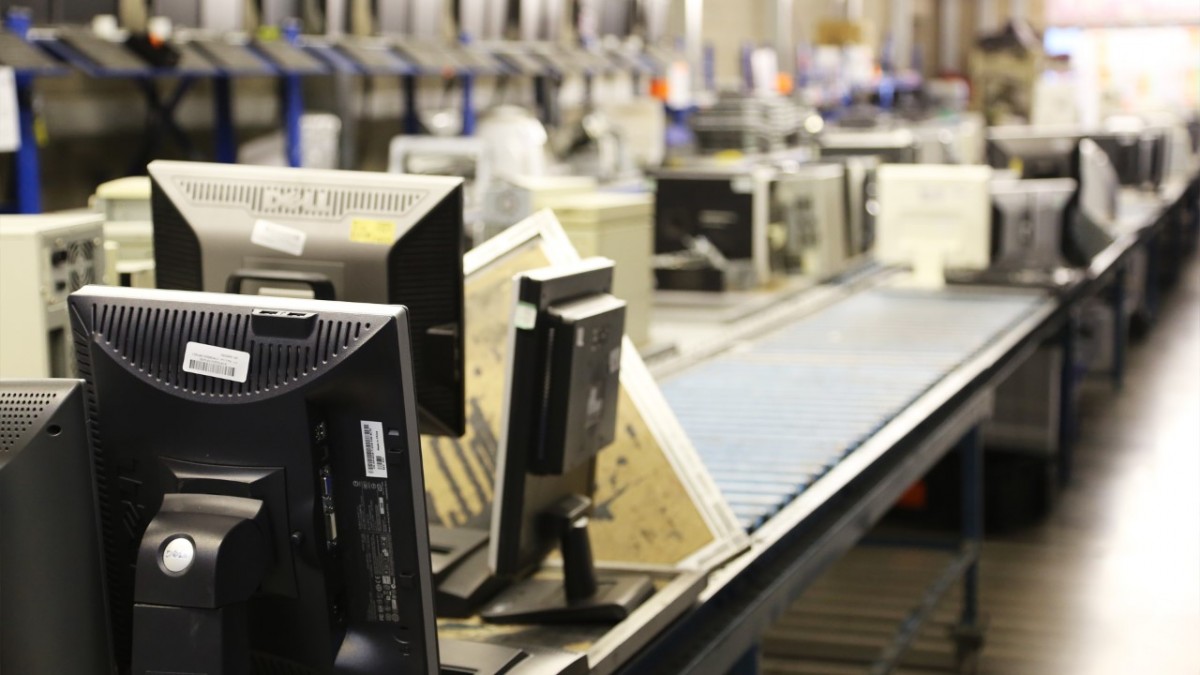UK organisations are taking a more sustainable approach to their IT estate management, with refurbished devices becoming a more environmentally responsible choice for those looking to update hardware, new research has found. Three in five (59%) organisations currently purchase refurbished hardware and a quarter purchase refurbished IT equipment where possible, while 42% purchase a mix of refurbished and new. Environmental considerations (55%) and value for money (55%) were identified as the top reasons organisations opt for refurbished hardware. However, some survey respondents had concerns around the quality (36%) and longevity (36%) of the equipment, as well as the guarantees they come with (34%).
The survey of over 250 senior decision makers with responsibility for green initiatives across public and private sector organisations by ICT solutions provider, Stone Group, found that organisations are also taking a more sustainable approach to IT assets at end of life through reuse or recycling initiatives. Two in five businesses donate old IT hardware to charities or schools (41%), while a third restore and keep them (32%) or use an IT asset disposal facility (31%) to responsibly recycle their ageing, redundant or broken hardware. A further 26% of respondents said they plan to use an ITAD facility in the next 12-24 months.
When asked why they use an ITAD service, the secure removal of data from devices came top of the list, identified by 40% of respondents. However, ironically, when the respondents who do not currently use an ITAD service were asked why, the secure removal of data was identified as the top concern deterring them from it (46%).
Tim Westbrook, director at Stone Group, commented, “With 53.6 million metric tonnes of global e-waste generated in 2019 alone, we need to urgently reconsider how we think about, purchase, and dispose of our IT. However, there still appears to be widespread misconceptions around the reliability of refurbished devices and recycling options available.
“Refurbished devices are a cost-effective and sustainable way of updating IT estates – and we’ve seen just how crucial these have been to schools and colleges to enable remote learning throughout the pandemic. However, to ensure the quality of devices, organisations need to ensure they’re working with a fully accredited refurbisher, and that the devices they purchase come with warranty and upgrade options to future-proof the investment. These warranties are as good as those that come with the purchase of a new device.
“Organisations can also overcome concerns around IT asset disposal and data by ensuring that their ITAD partner uses best in class data erasure software to securely remove all data from hard drives before the device is refurbished or recycled.
“To help time-poor organisations manage the ITAD process, we’ve developed a dedicated app, Stone 360, to help them quickly and easily organise collection of their redundant devices and hardware for recycling or refurbishment. The process is quick and easy and allows businesses to reduce the negative impact of their e-waste on the environment, while doing their bit for a greener IT supply chain.”




